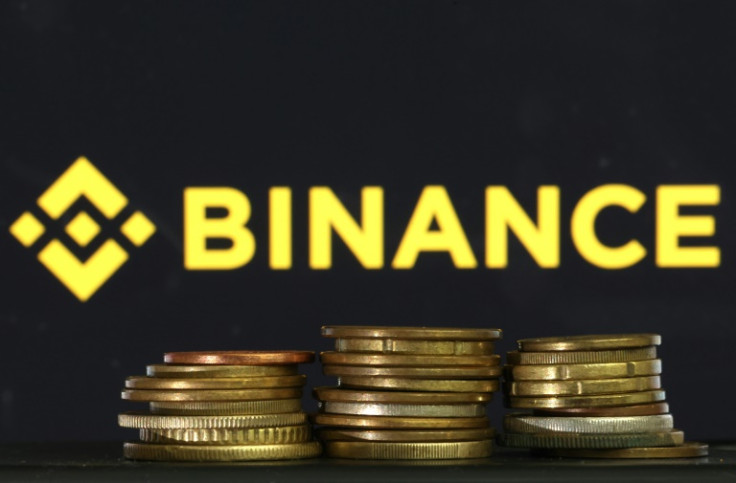
The Philippines Securities and Exchange Commission announced on Monday that it is blocking local access to Binance, the world's largest cryptocurrency exchange by trading volume, as the crypto firm was operating without a license in the country.
The ban in Philippines is the latest in the series of roadblocks for Binance, which was facing legal woes in the U.S. and a ban on doing business in China.
The decision from Philippines SEC comes just two weeks after the regulator formally requested assistance from the national telecommunications agency to aid in "blocking the website and other web pages utilized by Binance."
"The SEC has identified the aforementioned platform and concluded that the public's continued access to these websites/apps poses a threat to the security of the funds of investing Filipinos," SEC Chairperson Emilio Aquino said in a letter to the telecommunications agency.
The move to block the Binance follows a warning in November 2023.
In November last year, the regulator had warned users in Philippines that it might soon block access to Binance for lack of a license.
The regulator also condemned Binance for engaging in social media promotions to attract Filipino investors and traders to its platforms, with downloadable app versions available on Google Playstore and the Apple App Store.
In its November notice, the regulator had warned fines of 5 million Philippine Pesos ($90,000) or up to 21 years in jail for those who act as salesmen, brokers, dealers or agents, representatives, promoters, recruiters, influencers, endorsers, and enablers of Binance.
It had also ordered Google and Meta to block ads of Binance in the country.
At that time, Binance had told local media that it acknowledges and respects the SEC's statement and was taking steps to align with Philippine laws.
"At Binance, we are committed to aligning with applicable local regulations. Under our new leadership, we have taken proactive steps to address the SEC's concerns," according to a report on ABS-CBN News.
Binance has been facing regulatory scrutiny in several countries. It recently reached a settlement with U.S. authorities, consenting to pay fines amounting to $4.3 billion, in response to charges including failure to uphold an adequate anti-money laundering program, operation of an unlicensed money-transmitting business, and violation of sanctions law.
This month, Binance announced it was halting Nigerian Naira services amid a crypto crackdown in the country that has put the exchange at the center of the Nigerian government's interest over alleged $26 billion untraceable funds facilitated by the exchange.
Meanwhile, the crypto giant's founder and former CEO Changpeng Zhao is due for sentencing in April after he pled guilty to money laundering following the U.S. SEC's lawsuit against Binance.







